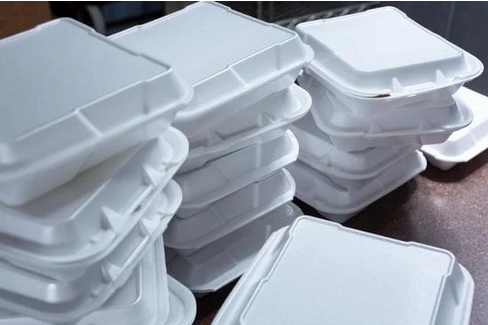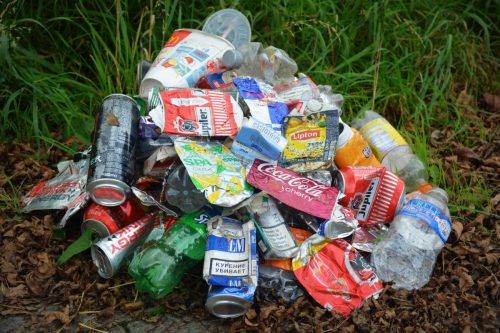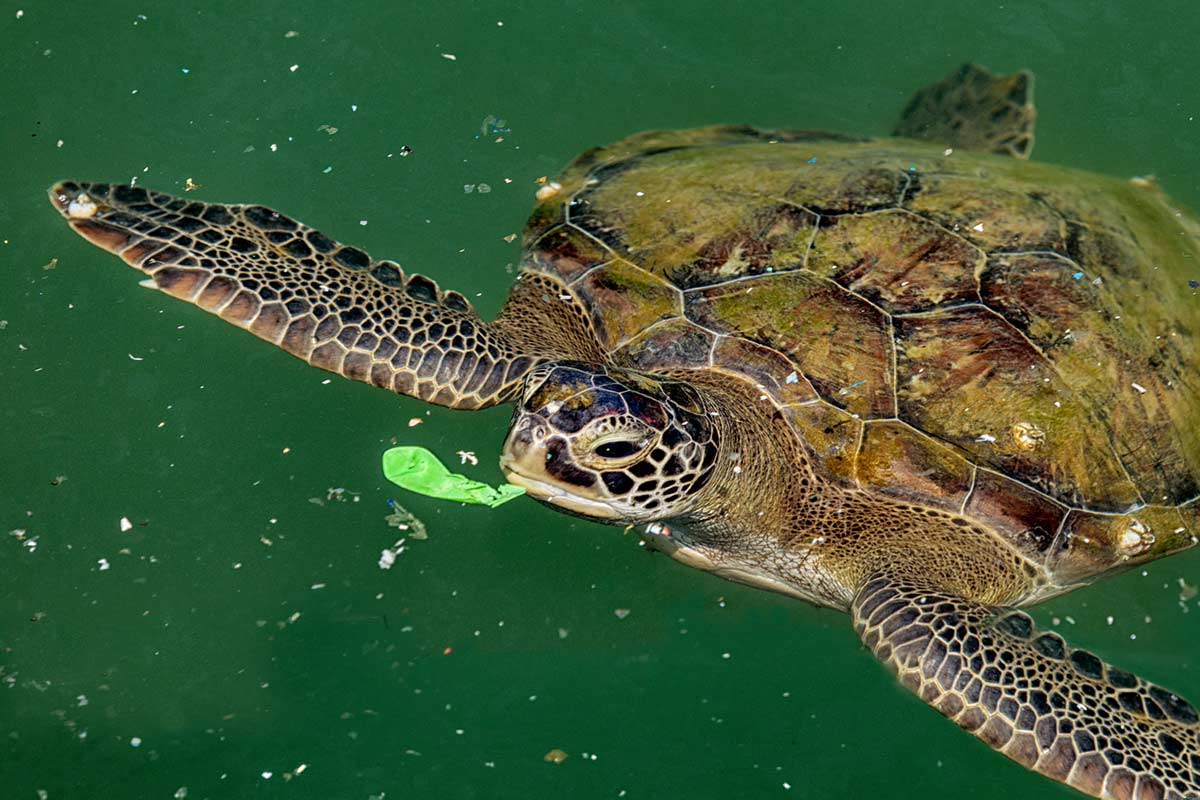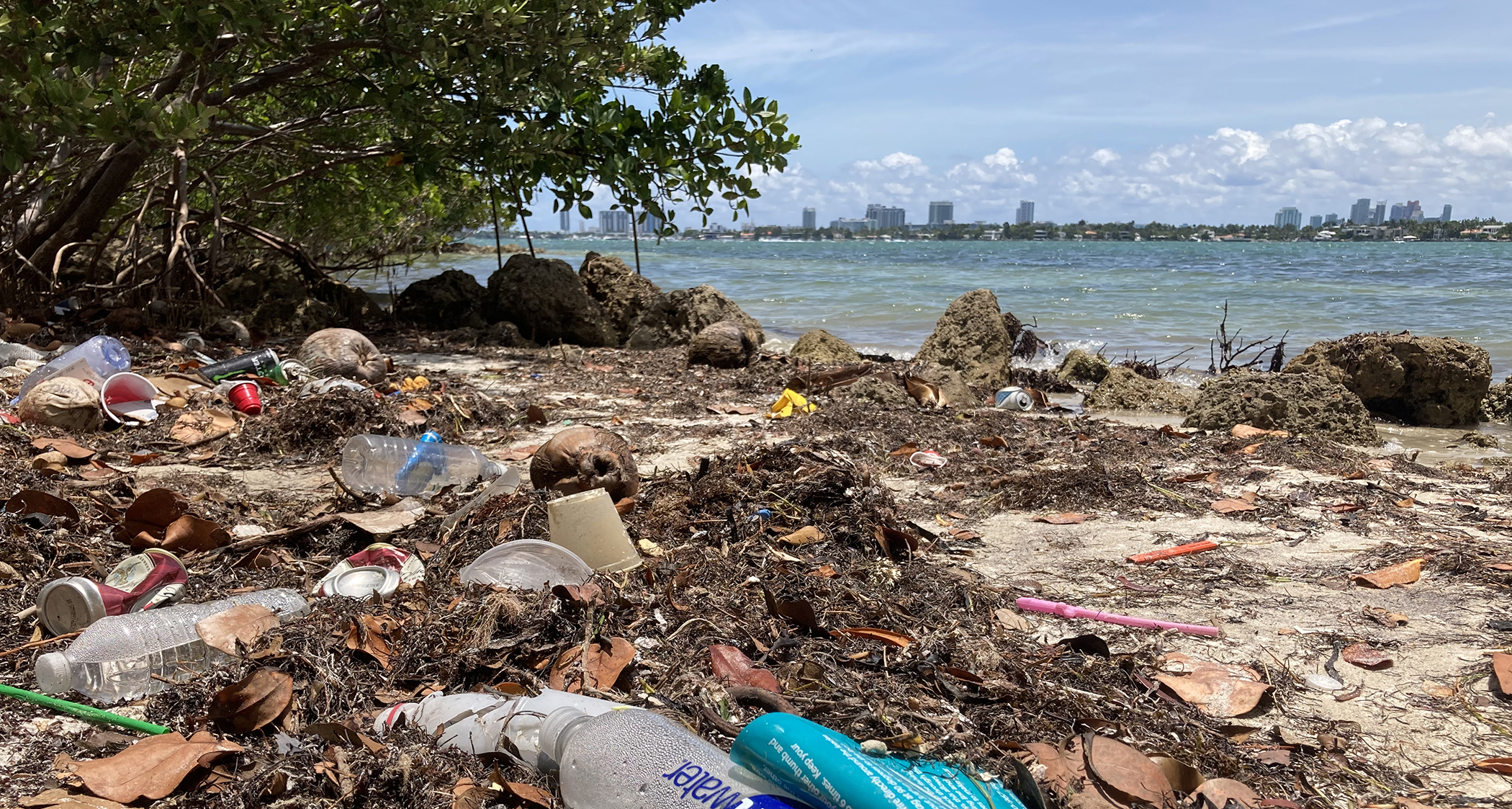In 2022, more than half of Florida’s municipal solid waste went to landfills, totaling over 26 million tons. As Florida’s population continues to grow, so will the amount of waste produced.
Amanda Rice Waddle, the director of Zero Waste Gainesville, works with local elected officials, schools, and businesses to encourage community members to work towards a zero waste lifestyle. “In terms of Zero Waste, we are trying to create zero-waste systems where everything is reusable, recyclable, or compostable. If it is not zero waste, then it should not be allowed to enter the community,” she said.
While there is no statewide effort to work towards zero waste, many proposed bills aim to reduce waste and encourage recycling throughout Florida. Here is some of the recycling and pollution-related legislation being discussed this session:
- Comprehensive Waste Reduction and Recycling Plan
- Preemption of Recyclable and Polystyrene Materials
- Regulation of Single-use Plastic Products
- Regulation of Auxiliary Containers
- Release of Balloons
- Other Related Bills
Comprehensive Waste Reduction and Recycling Plan
In 2008, the Florida legislature established biennial (every two years) goals for reducing municipal solid waste across the state. By 2020, Florida was supposed to reach a recycling rate of 75% — instead, the state was at 50%. The recycling rate goals were measured by weight, which encouraged counties to recycle heavier materials and failed to emphasize the use of sustainable materials and waste prevention at the source.

Since then, there has been little successful legislation to develop a new recycling target or take steps towards one. Proposed twice before in 2022 and 2023, SB 36 and the identical HB 455 have been introduced by Florida State Sen. Linda Stewart (D) and Florida State Rep. Joe Casello (D) to facilitate a new comprehensive waste reduction and recycling plan.
If passed, the bills would direct the Florida Department of Environmental Protection (DEP) to develop a three-year plan with a three-pronged approach:
- Create statewide solutions to address recycling education and outreach.
- Provide assistance to local governments for recycling by either reinstating the former Recycling and Education Grant Program or through other means.
- Recommend plans to develop and promote markets for recycling materials.
On the bill, Waddle said that local assistance from the state level would be especially helpful.
“It would be a big asset to communities that are actively working towards zero waste.”
UPDATE: SB 36 died in the Appropriations Committee on Agriculture, Environment, and General Government; HB 455 died in the Fiscal Policy Committee.
Preemption of Recyclable and Polystyrene Materials
Polystyrene is the base component of styrofoam and has many adverse impacts on environmental and human health. Styrene, a main component of polystyrene, is “reasonably anticipated” to be a human carcinogen by the U.S.

Department of Health and Human Services.
The material, especially once in foam form, can easily break down into thousands of microplastics and disperse throughout the environment, making its way into the stomachs of wildlife and even people. It is not recyclable or biodegradable, and will likely persist in the environment for thousands, if not millions, of years.
In 2019, Gainesville, Florida had to repeal a city ordinance that would ban plastic bags and polystyrene containers from being used after the right to ban those materials was preempted by state law.
“Preemption means that the state is taking away the ability of the local community to ban something. Basically, it’s a ban on bans,” Waddle said in an interview with TESI in 2022.
Every year since 2019, legislation to remove this preemption has been proposed, and every year it has failed. SB 498 has been introduced by Florida State Sen. Linda Stewart (D) for the sixth time this session, in another attempt to give the right to ban disposable plastic bags and polystyrene products back to local governments.
In an interview with the Florida Phoenix, Senator Steward said, “…it can’t be a one-size fits all. It has to be by each individual county or city to decide what the rule is for them because they’re the ones that have to deal with the cleanup and the mess that’s being caused.”
UPDATE: SB 498 died in the Commerce and Tourism Committee.
Regulation of Single-use Plastic Products
Plastic pollution is a pervasive issue that affects nearly every ecosystem on the planet, including terrestrial and marine environments. In Tampa Bay, Florida alone, there are an estimated 4 billion microplastic particles, which are plastics smaller than 5 millimeters in length (or about the size of a pencil eraser). Primary microplastics are manufactured beads used as exfoliants in products like cleansers and toothpaste, whereas secondary microplastics break down from larger debris. Both types are easily dispersed in the environment, including through stormwater and wastewater runoff, and are frequently ingested by wildlife. They are also vectors for pollutants and heavy metals that cling to their surfaces, making them potentially toxic for wildlife and people when consumed.
Currently, local governments in Florida are prevented from regulating many plastic products under a state preemption. SB 698, proposed by Florida State Sen. Ana Maria Rodriguez (R), would allow coastal communities to establish pilot programs to regulate single-use products. This is the third time this bill has been proposed, after dying in the 2022 and 2023 legislative sessions.
“What this bill wants to do is not completely do away with that preemption but make an exception for coastal communities to allow them to have those local bans,” said Maia McGuire, associate director for extension and education at Florida Sea Grant, in a 2022 interview with TESI.
The allowed pilot programs would have a three-year implementation period, after which they would expire. They would not be permitted to impose new taxes or fees as part of the single-use plastic regulation.
The bill also requires the DEP to update its 2010 report on retail bags every five years starting in 2028. An update was published in 2021 but regular updates are not currently mandated. The reports must include input from state and local government agencies, stakeholders, private businesses, and citizens on the necessity of new regulations for plastic bags, wrappings, and auxiliary containers.
UPDATE: SB 698 died in the Commerce and Tourism Committee.
Regulation of Auxiliary Containers

SB 1126 and identical HB 1641, proposed by Florida State Sen. Jonathan Martin (R) and Florida State Rep. Brad Yeager (R) respectively, are trying to preempt the regulation of auxiliary containers to the state. According to the bills’ text, auxiliary containers encompass reusable or single-use bags, cups, bottles, or other packaging that is made of plastic, glass, aluminum, paper, cloth, cardboard, or other similar materials.
This preemption would mean that local governments, including counties and municipalities, would not be allowed to place regulations on any auxiliary containers within their jurisdiction.
The bills also eliminate a part of Section 403.7033 of the Florida Statutes that currently recognizes the importance of regulating recyclable materials for Florida’s economy and ecology.
UPDATE: SB 1126 died in the Community Affairs Committee; HB 1641 died in the State Affairs Committee.
Release of Balloons
Florida’s beaches are home to hundreds of thousands of endangered green, loggerhead, and leatherback sea turtle nests every year. But these annual visitors, and other native and migratory species in Florida, are often put at risk by plastic waste in the environment. Balloons pose a particularly huge danger to marine life that can become entangled or ingest fragments and are one of the top ten items found during coastal cleanups.

But balloons are not considered litter under Florida state law— currently, anybody can intentionally release a maximum of ten balloons every day without facing a penalty. If the balloon is considered biodegradable, they can release as many as they want. Two identical bills, SB 602 by Florida State Sen. Nick DiCeglie (R) and HB 321 by Florida State Reps. Linda Chaney (R) and Jim Mooney (R), are trying to change that.
The proposed legislation would still allow balloons to be released by a governmental agency or for scientific or meteorological purposes. All other intentional releases of balloons would constitute a noncriminal littering infraction, which could incur a fine of $150. The bill would not apply to those 6 years of age or younger.
A similar bill died in the 2023 legislative session.
UPDATE: SB 602 was laid on the table and died at the end of the session – however, its companion bill HB 321 was enrolled and sent to Governor DeSantis for approval.
